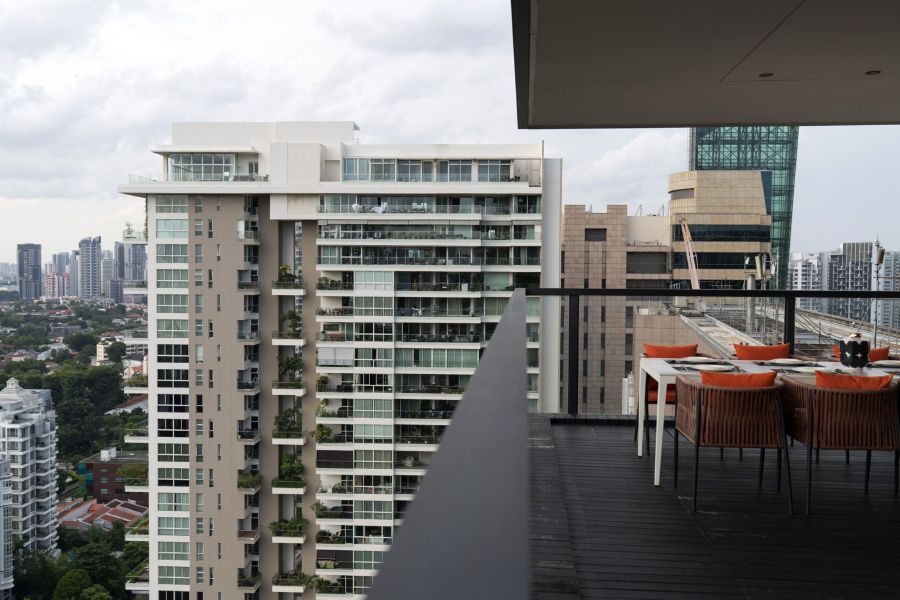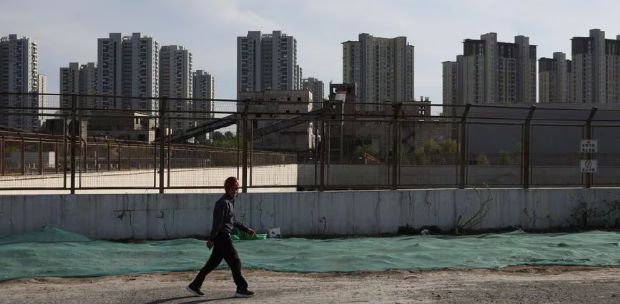Singapore home sales rose slightly last month, signaling that demand is holding up after property cooling measures were introduced in December.
Purchases of new private apartments climbed to 673 units in January, Urban Redevelopment Authority figures showed Tuesday. That's 3.5 per cent higher than the 650 units sold in the previous month.
The figures suggest there is still appetite for homes in the city-state, even after the government introduced steps to quell a surge in home prices last year. The measures include higher stamp duties for second-time home buyers and foreigners purchasing private property as well as tighter loan limits.
While the curbs may temper demand in the short term, home sales and values are likely to pick up once the market gets used to them, analysts have said. One source of demand is from buyers who judge it's wise to enter the market now in anticipation that prices will continue to climb.
Like other countries around the world, Singapore's residential property market has remained resilient during the pandemic. Low interest rates and a rebounding economy have fueled demand, prompting policy makers to take steps to maintain affordability. - Bloomberg





